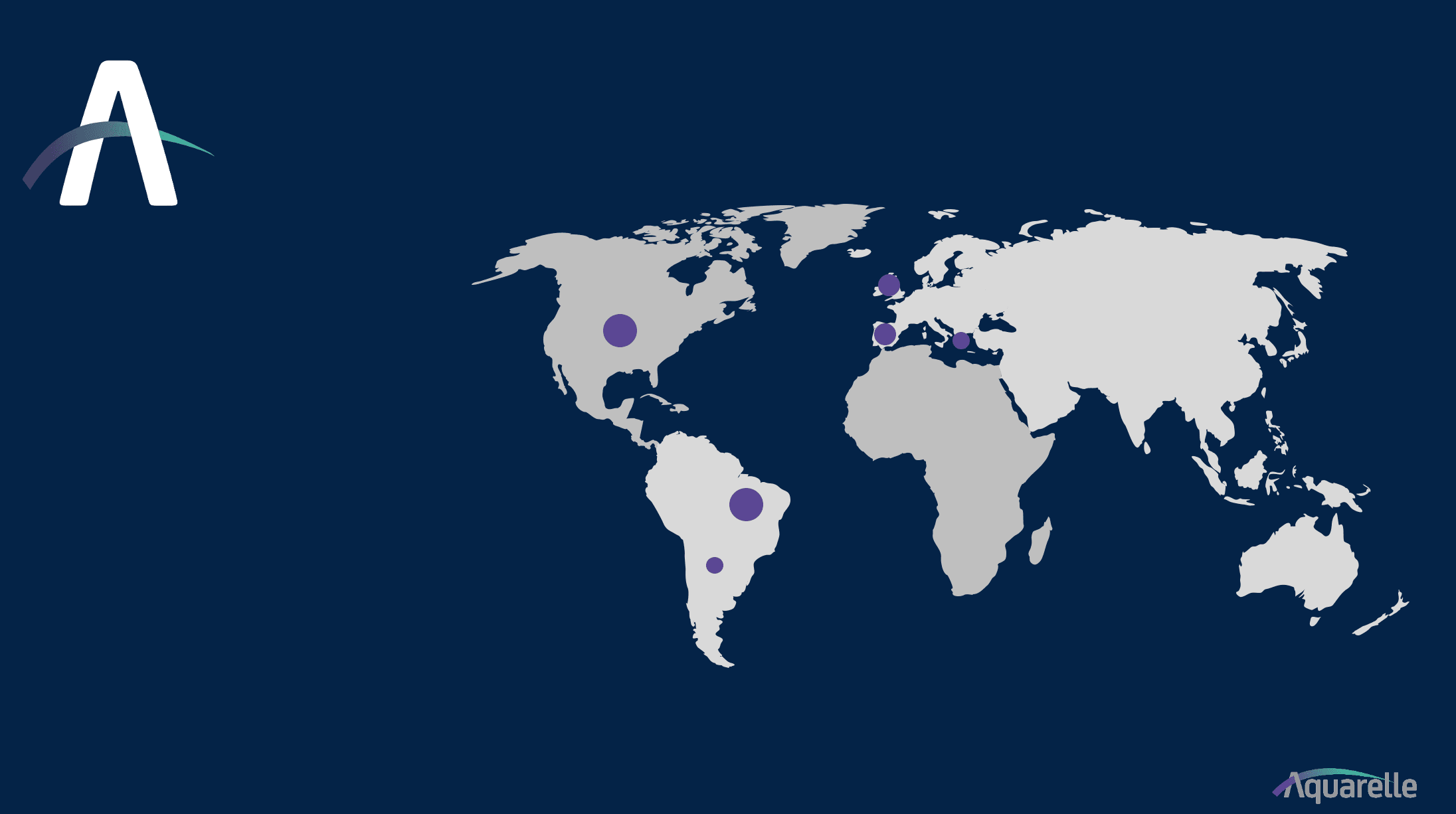FinOps and the Cloud
About FinOps
FinOps, also known as cloud FinOps, is a constantly evolving financial management discipline with a focus on hybrid and multi-cloud environments. Let's explore what it means and how it can benefit your organization.
FinOps
Why is FinOps important? And how does it work?
Cloud Challenges: The rapid adoption of cloud infrastructure is challenging traditional consumption and acquisition models. FinOps centralizes procurement, guiding best practices for cost optimization at scale.
Growing Adoption: Spending on the public cloud has increased significantly. Gartner predicts that by 2023, more than 40% of corporate workloads will be in the cloud.
FinOps involves three phases:
InformUnderstand costs and usage in multiple clouds. Map resources and advanced allocations.
OptimizeIdentify savings opportunities. Think about appropriate sizing and intelligent use of reserved instances.
Operate Evaluate performance and adjust as necessary. Create budgets and plan workloads.
FinOps
FinOps approach
In short, FinOps is a holistic approach that goes beyond cost management. It allows you to spend wisely and achieve better business results.
The FinOps Foundation has defined six principles to guide data-driven decision making according to the FinOps model. The principles are not hierarchical, but should be used together throughout the FinOps.6 lifecycle:
- Team collaboration: Cross-functional teams must work together to improve FinOps practices. This allows the finance department to achieve IT speed and granularity, empowers engineers to treat costs as efficiency metrics and establishes standardized governance for cloud use.
- Shared responsibility: Everyone must take responsibility for their own use of the cloud. The initial visibility offered in the "Inform" phase allows teams to effectively manage their costs and stay within budget.
- Centralized team: Although FinOps involves the entire company, a centralized team is essential to control the process. This team can compare suppliers, take advantage of discounts and handle price negotiations.
- Accessible and timely reports: Efficient reporting promotes informed decisions. Understanding workflows, resizing resources and forecasting needs in real time are key to the success of FinOps.
- Decisions Based on Business Value: FinOps is not just about cutting costs, but about maximizing business value. Analysis tools help to understand cost increases, allowing for more valuable decisions.
- Leveraging the Cloud's Variable Cost Model: To get the most value from their cloud investment, companies should compare pricing options, discounts and adjust contracted instances and services.
FinOps
Automation in FinOps: The Crucial Role of Cloud Optimization
Cloud optimization is not an isolated event to reduce costs. Hybrid and multicloud environments are dynamic, constantly changing according to the demand for different applications and services. To avoid performance risks, resource allocation must automatically adapt to these changes.
On the FinOps journey, companies realize that ensuring continuous and automated performance is key to optimizing the state of the cloud. Automation will play an essential role in this process, as manually allocating resources in real time and at scale is impractical. Therefore, automation becomes the key to success in FinOps practices.
We work with IBM solutions for FinOps, we can introduce them to you and your company, as well as carry out a POV where you can prove the value of the solutions in your environments! Would you like to schedule a presentation to find out more?
We work with IBM solutions for FinOps, we can introduce them to you and your company, as well as carry out a POV where you can prove the value of the solutions in your environments! Would you like to schedule a presentation to find out more?


